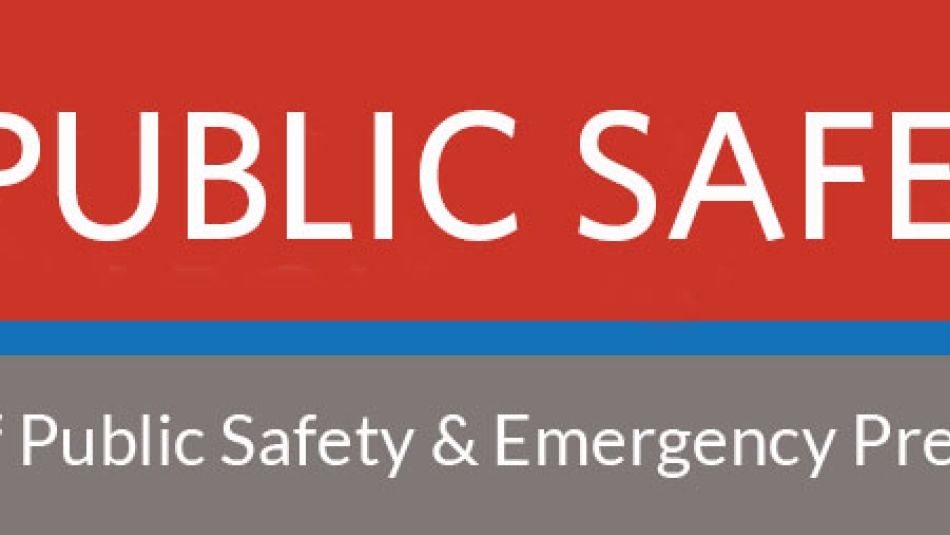
Unifor is Canada’s largest union for workers in the armoured car and secure logistics industry. Unifor members work for two of Canada’s largest armoured car and private security firms, GardaWorld and Brink’s. These workers are responsible for the safe and efficient delivery of large sums of cash and other valuable goods, each day, to clients across the country. As a result, these workers are often prime targets for armed theft, resulting in violence. Robberies of armoured cars are often calculated and well-organized thefts that take place within seconds, usually in public spaces such as office towers and strip malls.
Unifor priorities
Cost-saving efforts by employers in the armoured car and secure logistics industry have focused on reducing the size of crew complements (from three-person crews to two-person crews or, in some cases, single-person crews), leaving armoured cars more vulnerable to robbery. This move has exacerbated the safety threat posed to both workers and the public, alike. In fact, there have been 12 high-profile armoured car robberies in Canada reported in the media since the summer of 2012, resulting in four deaths as well as multiple physical and psychological injuries. Each of the 12 incidents involved two-person crews. More than 70 robberies have been reported between 2000 and 2012. Countless other robbery attempts have gone unreported.
Currently, there are no regulations in Canada that mandate minimum staffing levels for armoured car crews. Safety standards and regulations for the armoured car sector in Canada have fallen behind other jurisdictions. The patchwork of current rules is ineffective, over-lapping and at times contradictory.
On numerous occasions, Unifor had reached out to the former Minister of Public Safety to discuss these safety concerns. Our hope was that the Minister would help champion a comprehensive review of industry regulations – from minimum standards in employee training, to vehicle specifications, safety equipment and staffing levels – with the goal of enhancing public safety and preventing crime. That discussion never took place. In fact, it was the former Minister’s position that armoured car industry matters were solely a provincial responsibility, not federal (despite evidence to the contrary).
Unifor leadership and staff have had ongoing discussions with the Ontario Minister of Community Safety and Correctional Services, as well as representatives of the Federal Policing Policy Directorate of Public Safety Canada, the British Columbia Ministry of Justice, and others on this matter. Over the past two years, Unifor has filed four individual work refusals with ESDC in response a reduction in crew sizes, all of which have resulted in decisions favouring our overall safety concerns.
There is a clear understanding of the safety challenges in the industry, yet there is a lack of political will and coordination to do something about them. Any effort to address these concerns, in our view, is best spearheaded and overseen by the federal Minister of Public Safety – at least in the short term. Such a project would fit within the Minister’s stated mandate and the broad framework within which public safety threats must be identified, as outlined by the Prime Minister.
Specific issues and recommendations
In light of our general concerns on Canada’s existing public safety policy framework, there are a series of pressing matters of importance to Unifor members that we encourage the Minister to explore in the near term:
• Launch a task force on the armoured car industry. Such a Task Force will be led by the Ministry of Public Safety and Emergency Preparedness, and designed to undertake comprehensive policy research, gather stakeholders’ views and develop recommendations and legislative guidance. Unifor would urge the Task Force to consider the following matters, as they relate to public safety and the safety of armoured car guards:
• Eliminating the incentive for firms to compete by lowering safety standards. Standardize firearms, use of force and heavy vehicle training, across the Canadian armoured car industry, including requirements for: 40-hour hand gun range time (and 10-hour shot gun range time) for new hires; twice annual gun re-qualification requirements; use of force training; heavy vehicle licensing (with air brake ticket) and the successful completion of an appropriate defensive driving course.
• Minimizing the risk for armoured car guards by standardizing work practices, including: Mandatory three-person crews, with driver in vehicle, for higher-risk public areas, ATM night bags, cash changes and emergency cash loads; two-person crews with driver in vehicle for lower-risk and non-valuable calls; requiring all crew to be armed for the movement of valuables and that site risk categories are developed and determined by police.
• Establishing minimum safety requirements for vehicles, standardized across the armoured car industry.
Ensure all vehicles are equipped with proper communications and emergency equipment and undergo regular maintenance.
• Requiring all armoured car guards wear protective bullet-proof vests that are replaced regularly and that adhere to the latest police standards.
To download a fact sheet about Unifor's priorities in public safety (PDF) click the link below:


